Economist Tyler Cowen was interviewed by his colleague Alex Taborrak about Cowen’s 1998 book, In Praise of Commercial Culture . (Transcript) Apparently this was the book that put Cowen on the map and garnered him recognition.
Cowen talks about a lot of the debates around culture and art that still continue today.
One of the first things that caught my attention was the question of doing art which is challenging and hones the artist craft vs. doing it for commercial success which I mentioned in a post about Seth Godin’s thoughts about aligning organizational practice with the values it espouses.
Cowen said those concepts weren’t considered mutually exclusive by classical musicians and artists.
If you read the letters of Mozart or Beethoven, they’re obsessed with money. They seem to be quite good bargainers. They always want more money. You might think they’re greedy, but also money is a means toward realizing your art. How good a piano can I buy or how good an orchestra can I work with, or can I travel to give a concert in Prague or Vienna?
The more an artist cares about art in many situations, the more they’re going to care about money. It’s a very simple point. At the time or even still, you didn’t hear it much. It’s always money versus art rather than you can care about money as a means to your art.
In another interesting segment of their conversation, Cowen says that governments often facilitate the creation of great art at the inception of their efforts before things either become too politicized or made mediocre by the need to please the consensus.
All this came to a head in the 1990s, disputes over what the National Endowment for the Arts in America was funding. Some of it, of course, was obscene. Some of it was obscene and pretty good. Some of it was obscene and terrible.
What ended up happening is the whole process got bureaucratized. The NEA ended up afraid to make highly controversial grants. They spend more on overhead. They send more around to the states. Now, it’s much more boring. It seems obvious in retrospect. The NEA did a much better job in the 1960s, right after it was founded, when it was just a bunch of smart people sitting around a table saying, “Let’s send some money to this person,” and then they’d just do it, basically.
[…]
There are plenty of good cases where government does good things in the arts, often in the early stages of some process before it’s too politicized. I think some critics overlook that or don’t want to admit it.
The whole interview is a little over an hour and covers other topics like: great art needing great audiences; artist compensation; more discussion about pursuit of art vs. creating for the market; group consumption of art is bad, you want to appeal to individual; the fact that people having greater wealth means niche artists and shows can receive support by appealing to individuals, but at the cost of fragmentation of shared culture; and the usual debate about whether modern art sucks.
It is either interesting or depressing that it is often difficult to determine whether their conversation is about the state of things today or what Cowen was observing about culture the late 1990s. It sort of indicates we are struggling with the same questions we were 25 years ago and haven’t arrived at the answers we need to move us forward.
Just the same, it is gratifying to have economists discussing the conflicting interests and views that exist in the arts and culture sector. It is something of a validation that these are real topics for consideration and not issues that have been manufactured internally.

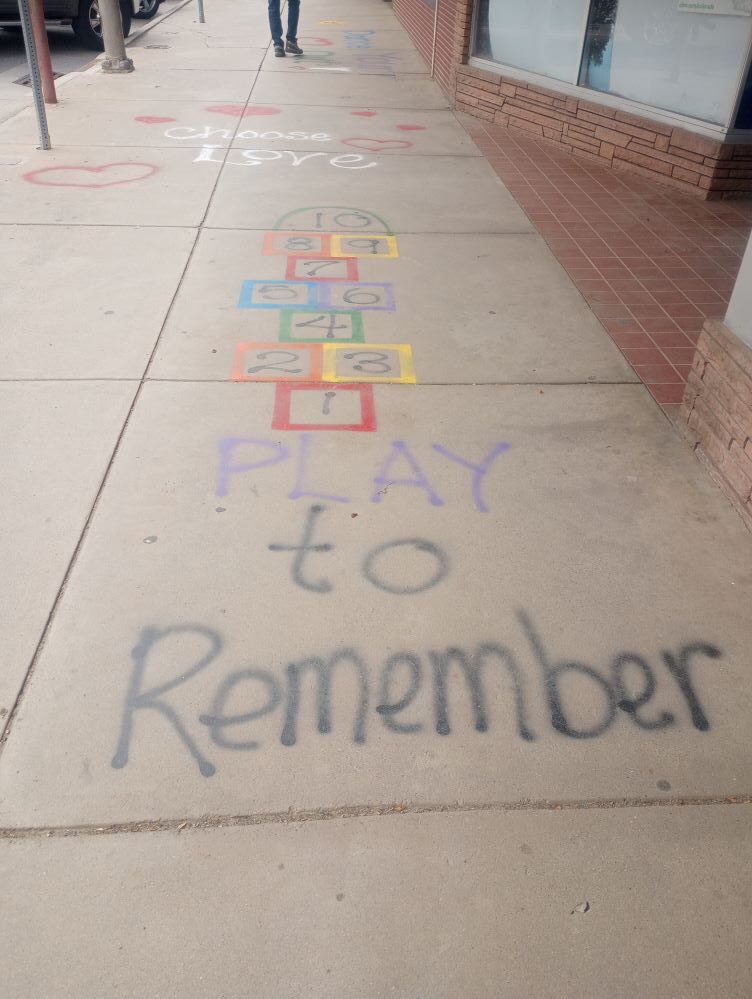
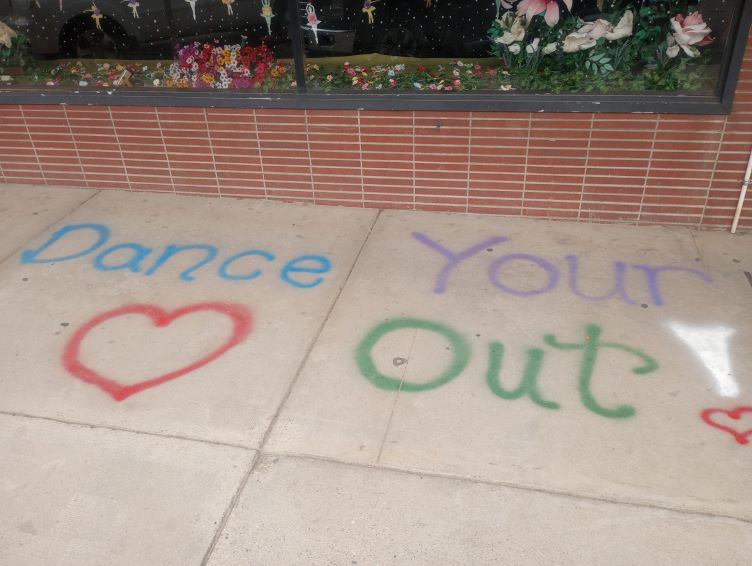
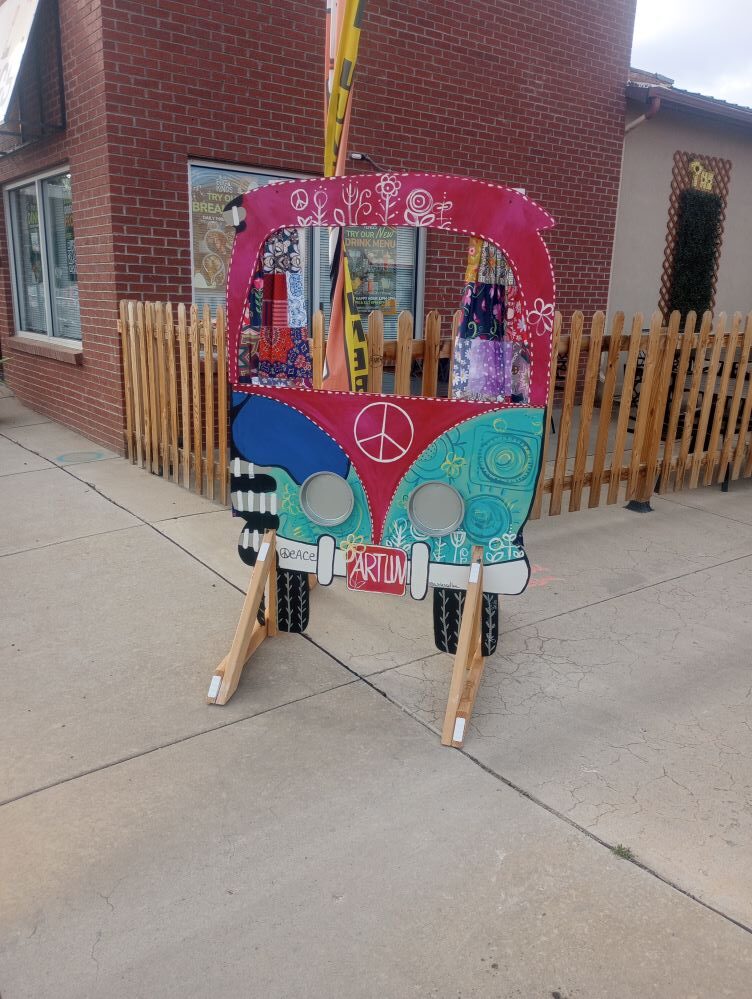
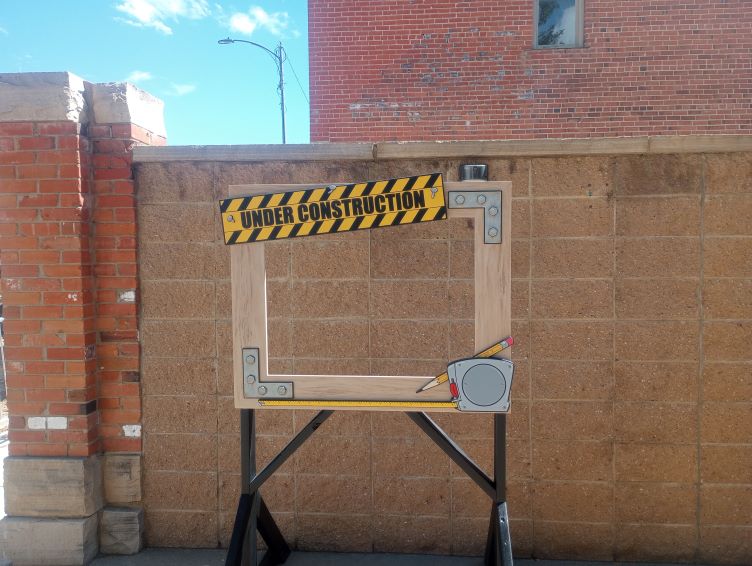
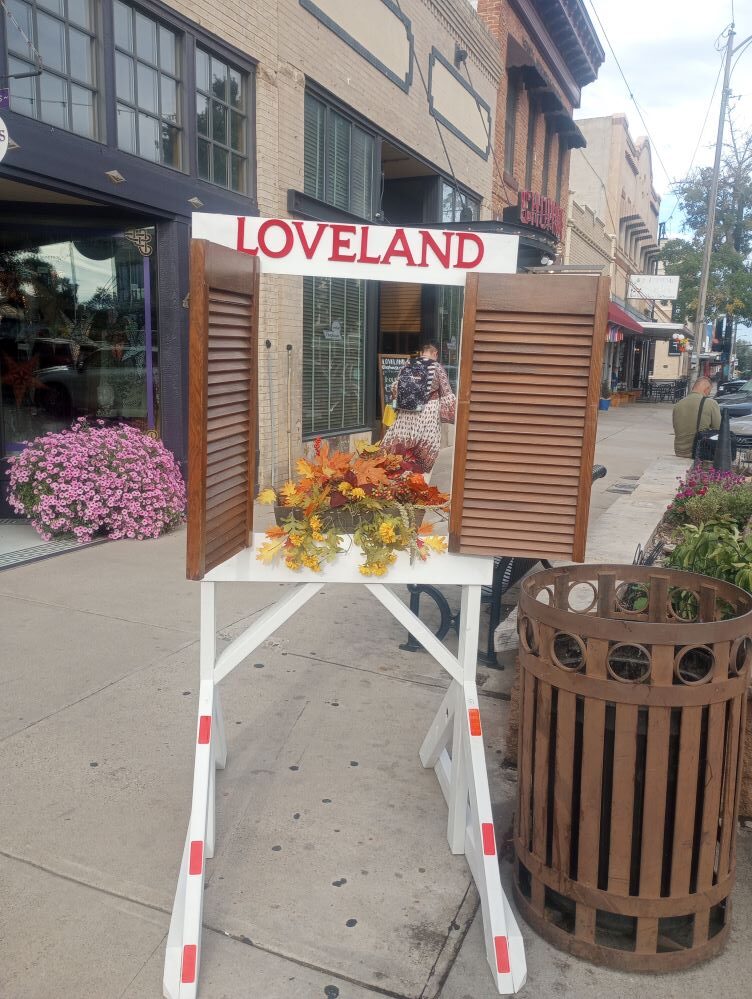
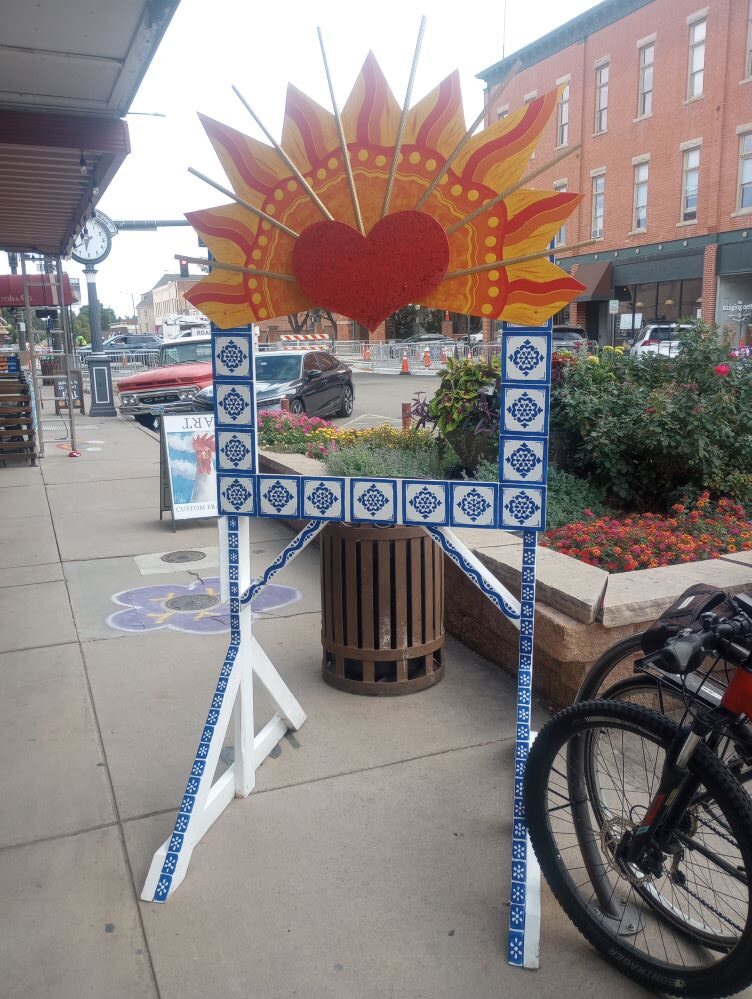
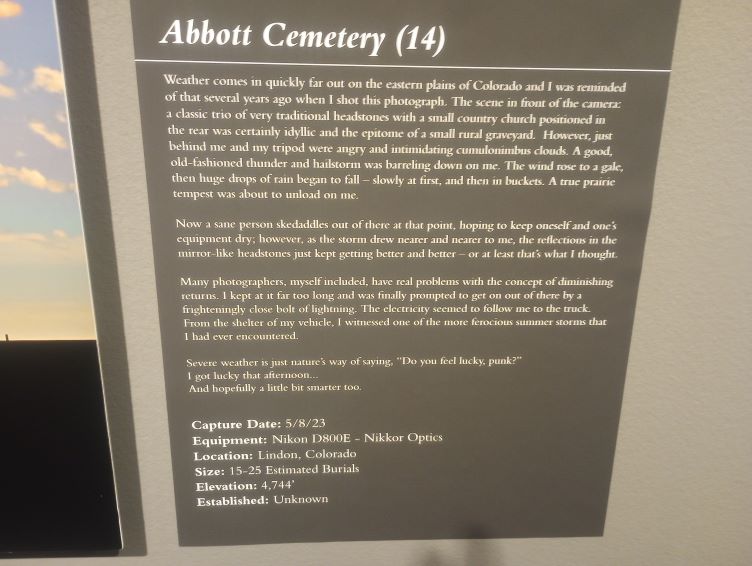
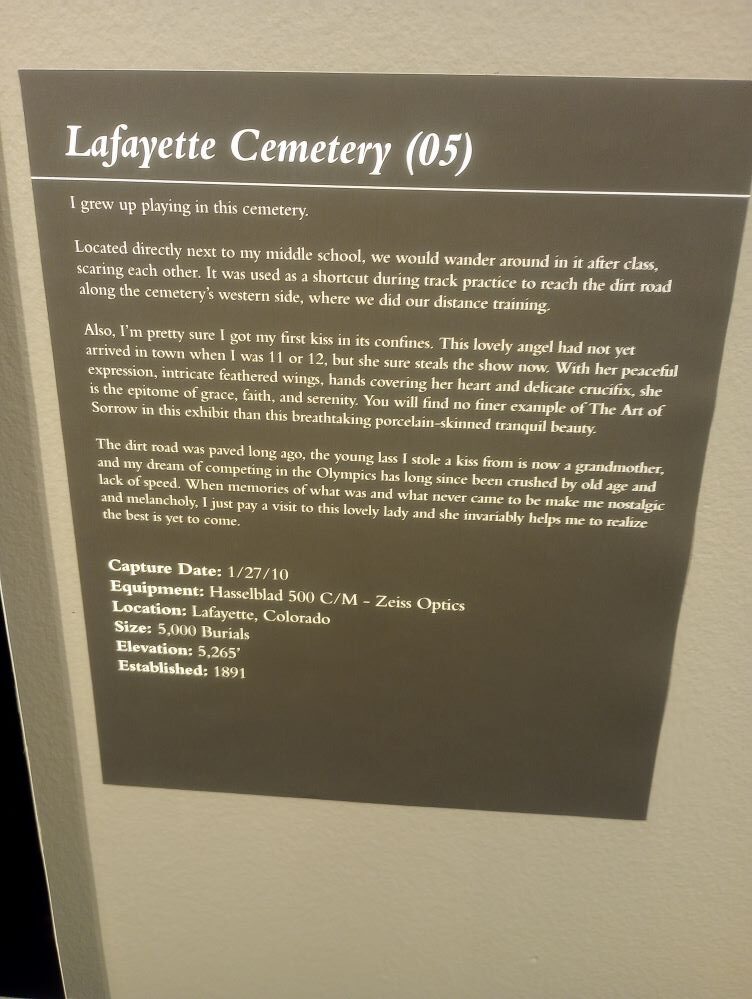
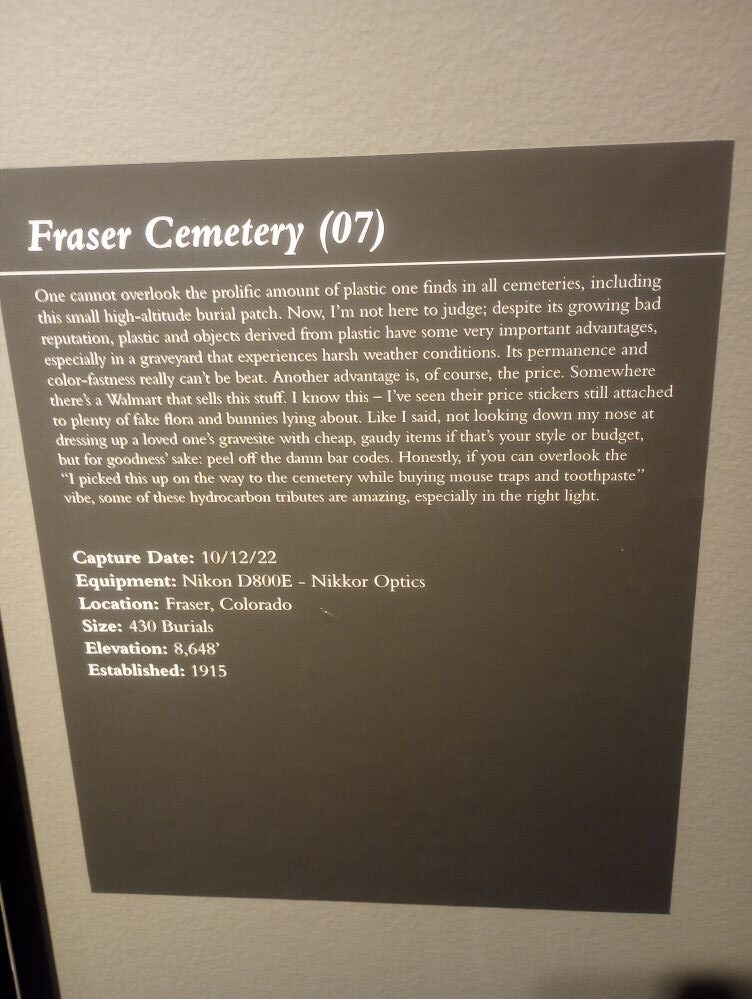
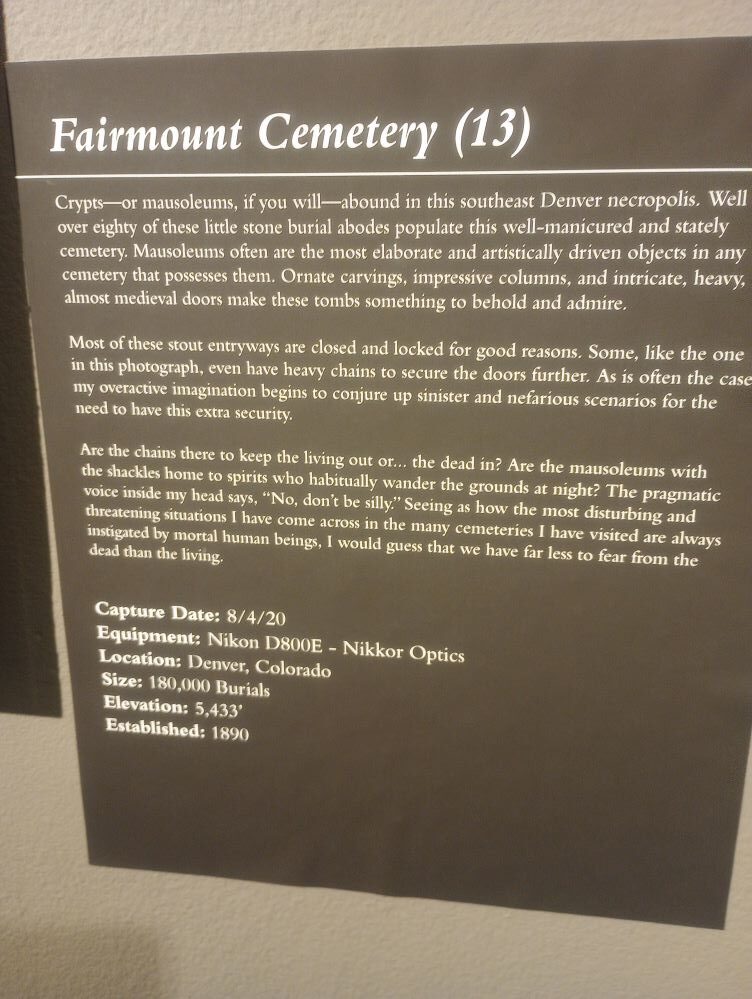
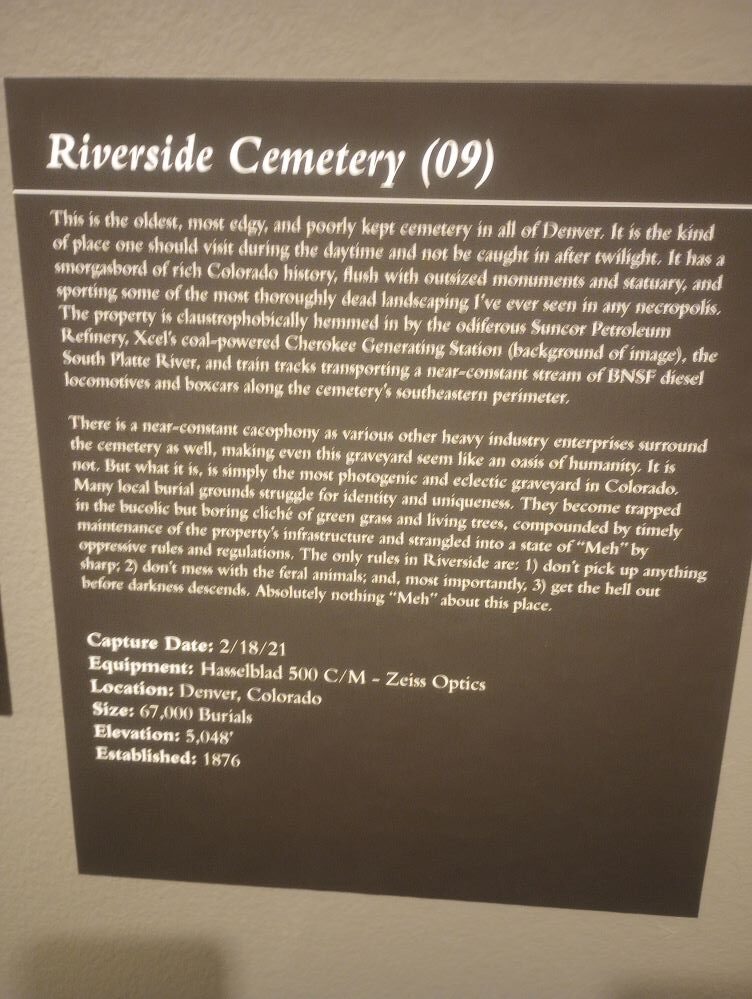
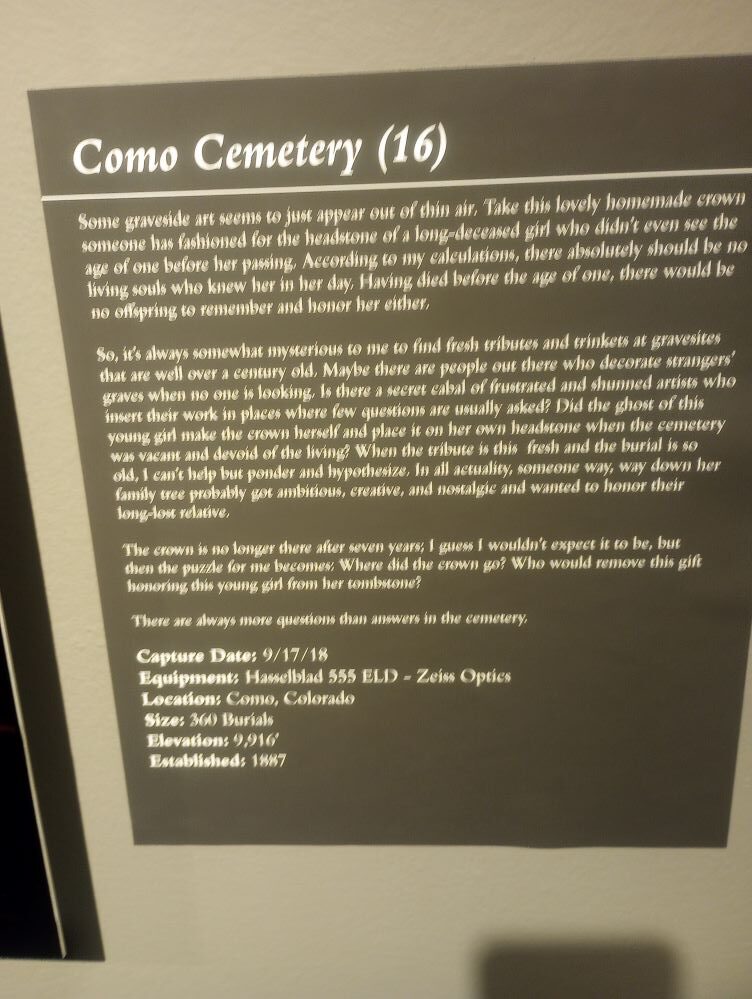

There is another way. The Gewandhaus Leipzig in Germany (concert venue) offers flex- tickets for a small premium. Not an…